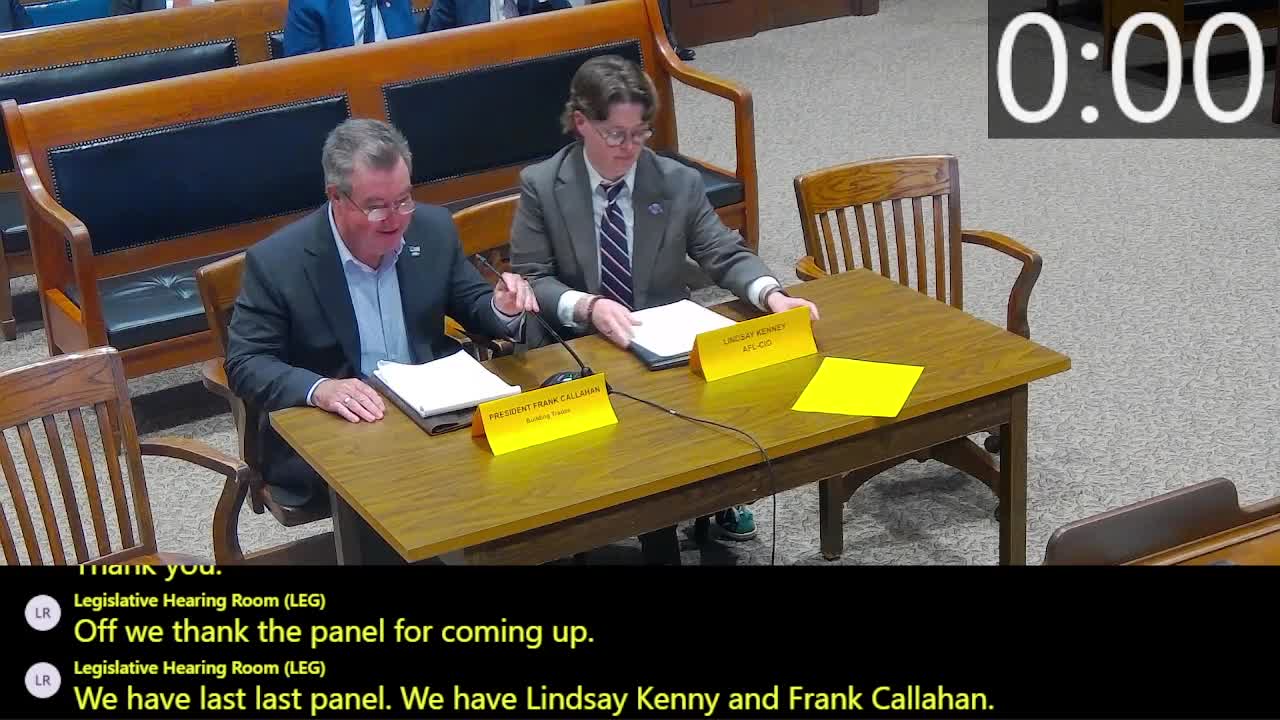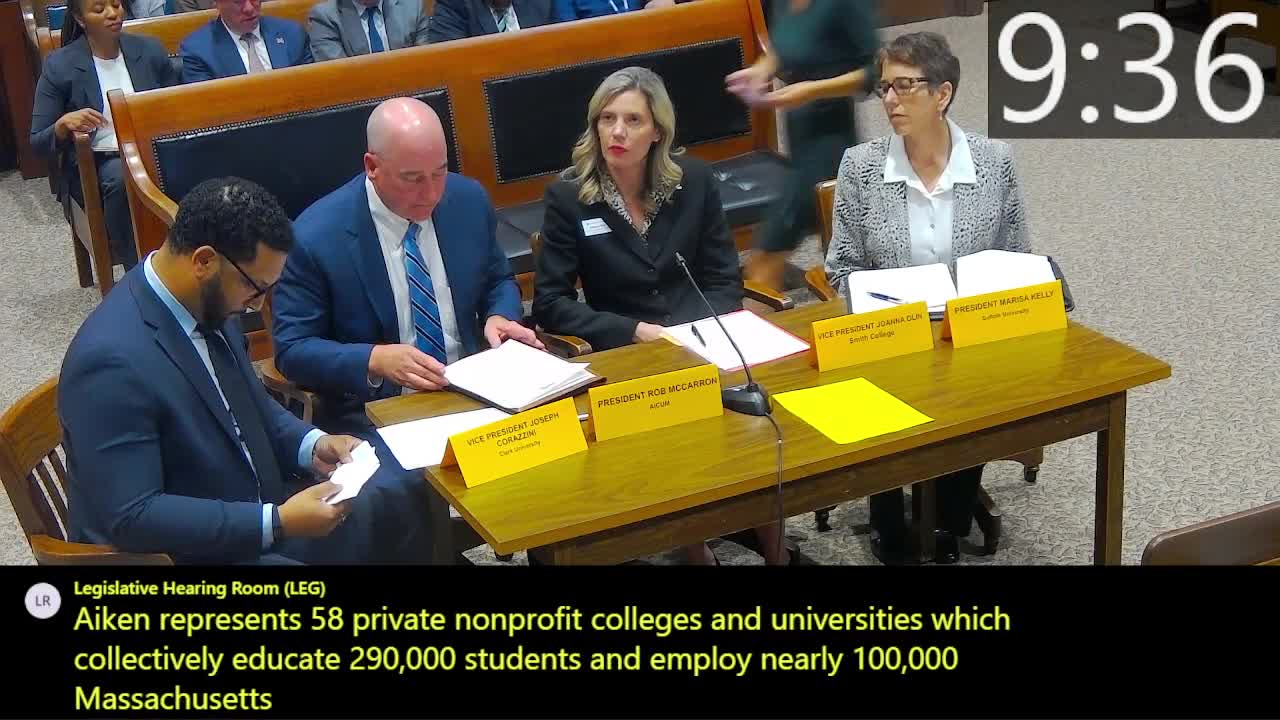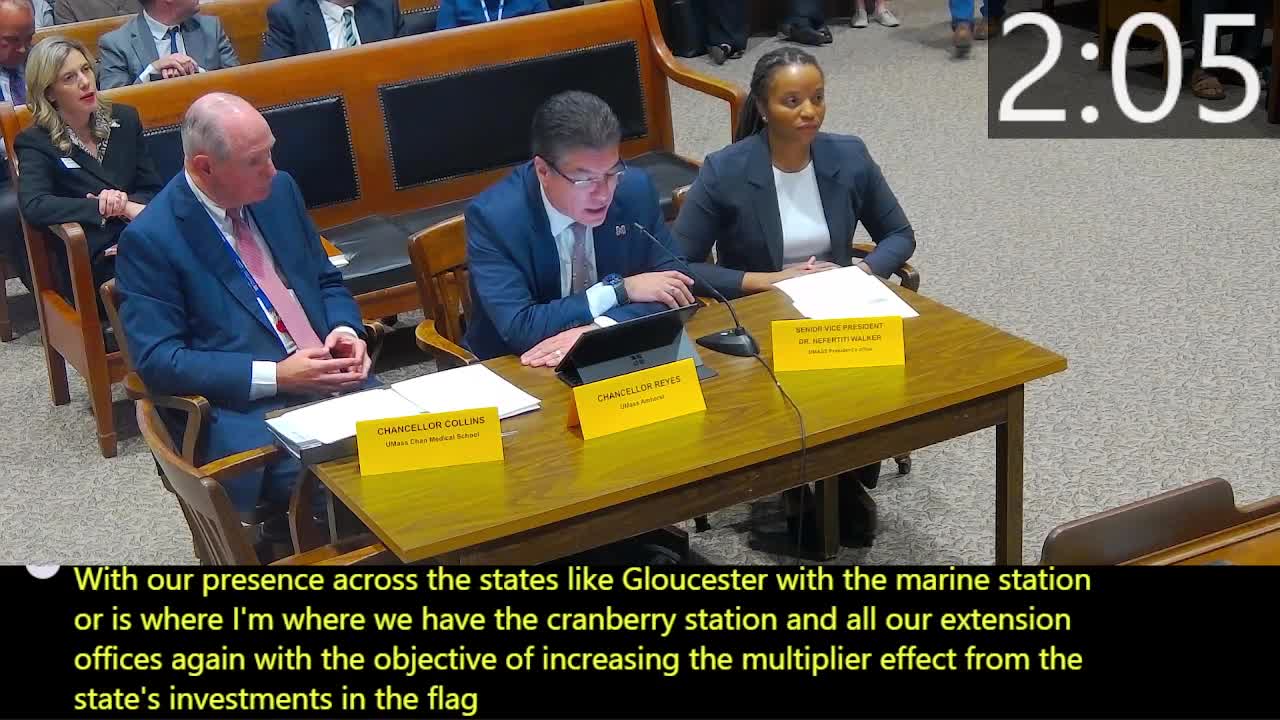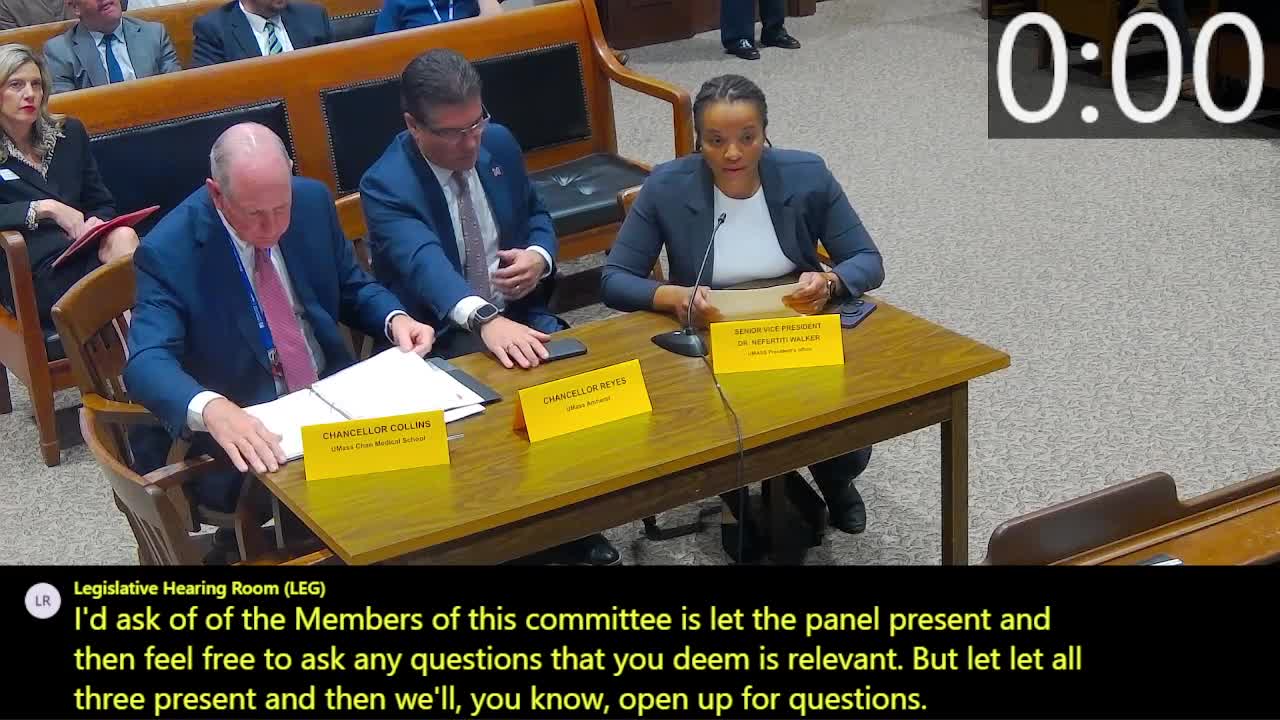Article not found
This article is no longer available. But don't worry—we've gathered other articles that discuss the same topic.

Building trades warn higher‑ed construction slowdown will cost jobs, urge state support for research projects

Private and public colleges highlight $71 billion annual impact, workforce pipelines and apprenticeship ties to employers

UMass chancellors warn of shrinking PhD pipeline in computer science amid funding uncertainty

